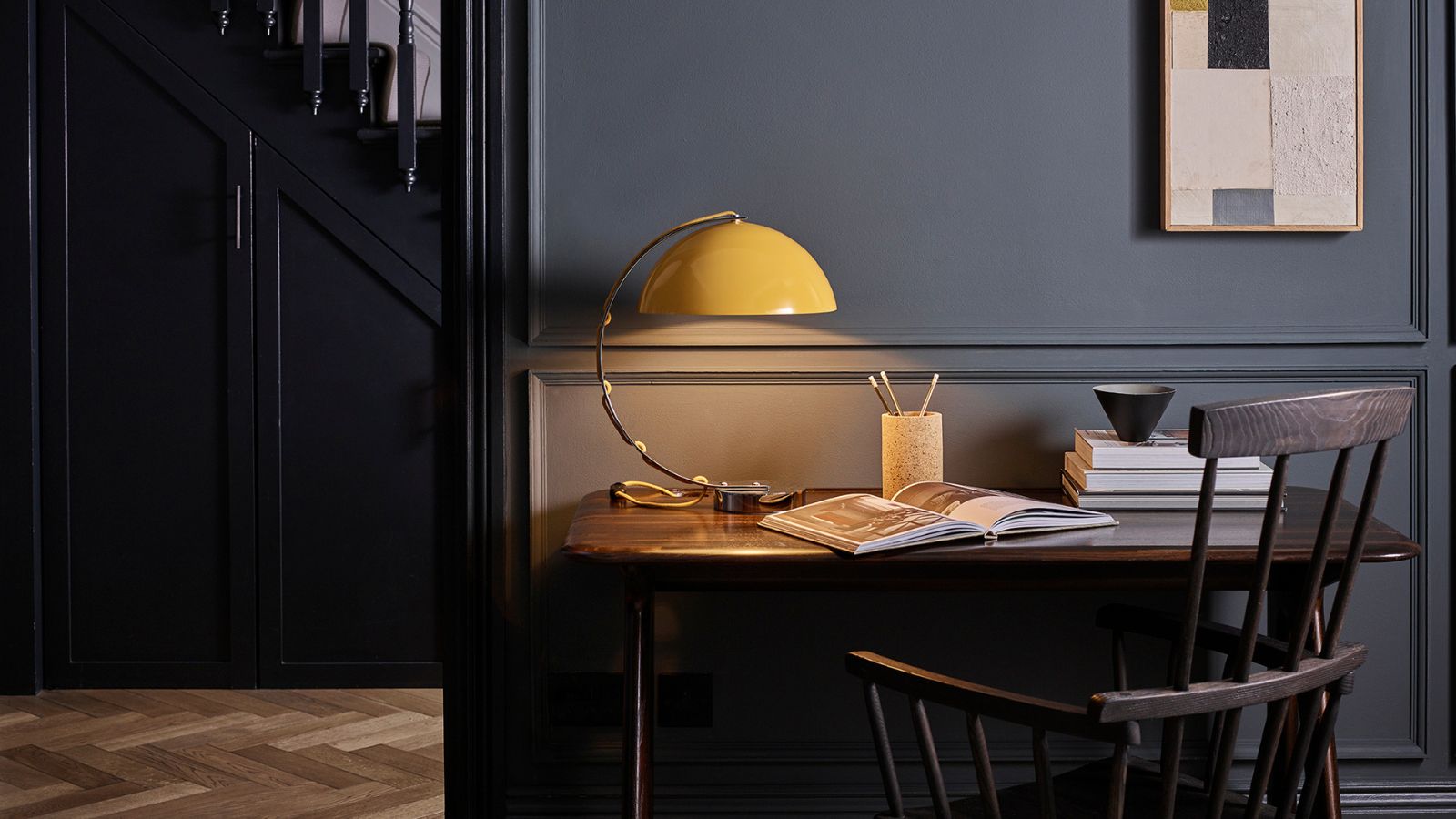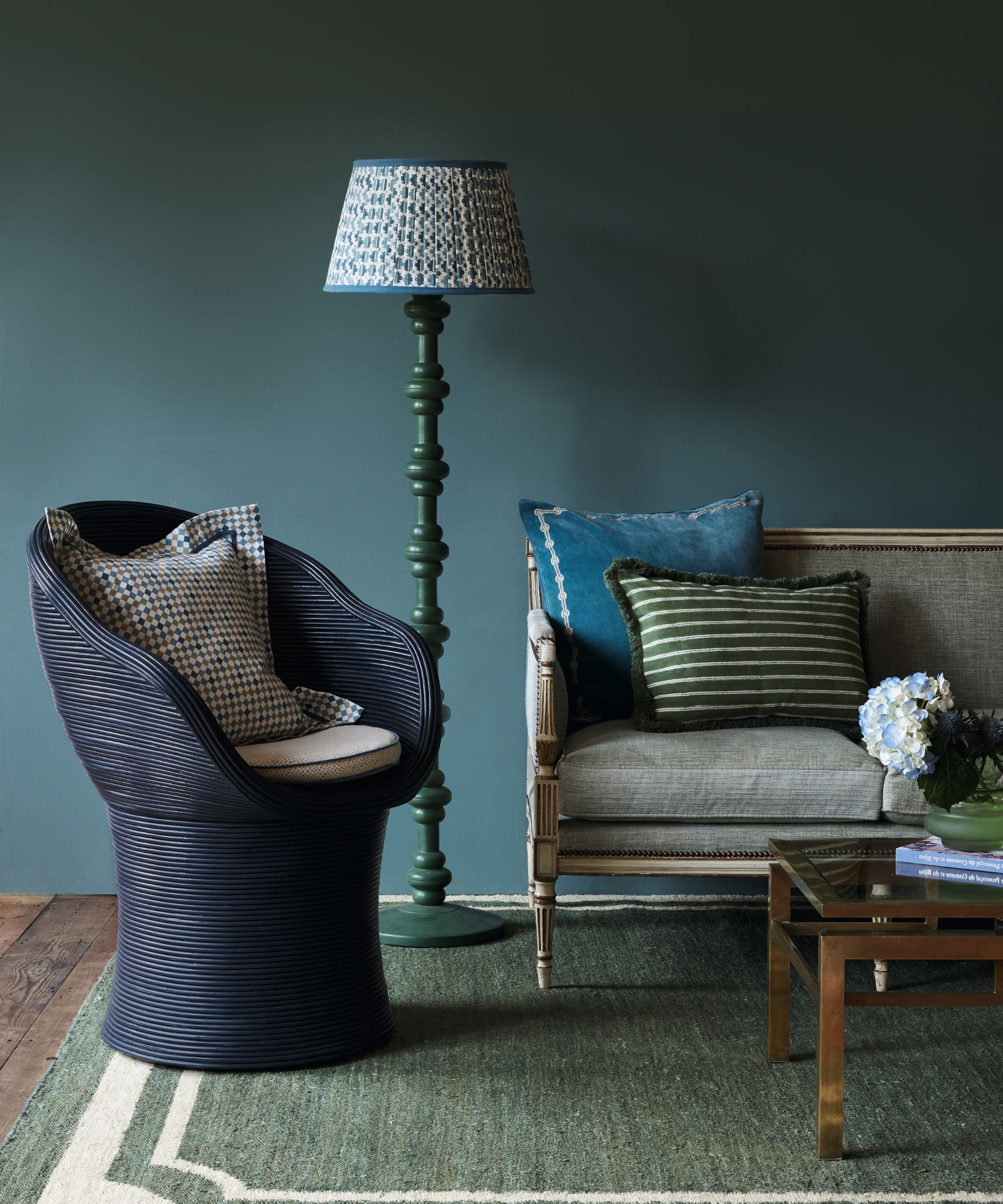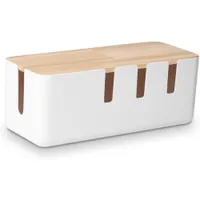Experts reveal how often you should be inspecting your extension cables
Catch any potential hazards like fraying or cracking before they become serious issues


Design expertise in your inbox – from inspiring decorating ideas and beautiful celebrity homes to practical gardening advice and shopping round-ups.
You are now subscribed
Your newsletter sign-up was successful
Want to add more newsletters?

Twice a week
Homes&Gardens
The ultimate interior design resource from the world's leading experts - discover inspiring decorating ideas, color scheming know-how, garden inspiration and shopping expertise.

Once a week
In The Loop from Next In Design
Members of the Next in Design Circle will receive In the Loop, our weekly email filled with trade news, names to know and spotlight moments. Together we’re building a brighter design future.

Twice a week
Cucina
Whether you’re passionate about hosting exquisite dinners, experimenting with culinary trends, or perfecting your kitchen's design with timeless elegance and innovative functionality, this newsletter is here to inspire
Regular inspection and maintenance of extension cables are crucial for preventing electrical hazards and ensuring their longevity. However, extension cable management isn’t often at the forefront of our minds and while you may keep on top of organizing cables and knowing the items never to plug into an extension cord, routine inspections are frequently neglected, despite how hazardous the potential consequences of this can be.
In the quest to conceal ugly household items for a flawless home, it’s easy to overlook an extension cord plugged in behind heavy furniture, or at the bottom of the garden. Over time these cords can be subjected to wear, overheating, and envomental conditons, leading to frayed insulation and an increased risk of electrical fires.
By following a diligent inspection schedule, considering environmental factors, and understanding what to look for, you can significantly mitigate risks and maintain the reliability of your extension cables.
How often should you inspect an extension cable

‘Ideally, you should inspect your extension cables every month,’ advises Sean Spittle, the lead home tech expert and Managing Partner at InspectNTrack. ‘However, there are specific circumstances that might necessitate more frequent inspections.
‘Environmental conditions can accelerate wear and tear, necessitating more frequent checks. If the extension cable is used in harsh environments, such as outdoor settings or areas with heavy foot traffic, inspect it on a weekly basis.’
Cables exposed to extreme temperatures (both hot and cold) should be inspected frequently. Temperature fluctuations can affect the insulation and flexibility of the cable, increasing the risk of damage.
If you are unsure if any damage may have occurred, it's better to be safe than sorry, so inspect it before each use. This ensures that any damage incurred during previous use is identified and addressed promptly.
Design expertise in your inbox – from inspiring decorating ideas and beautiful celebrity homes to practical gardening advice and shopping round-ups.
Jesus Cruz, Founder of CSS Tech, also recommends inspecting cables periodically before each use. This is especially important for cables stored for long periods, as they can be damaged during storage.
‘At least once a year, have your extension cables inspected by a qualified technician. A professional can conduct more in-depth testing, including continuity testing and insulation resistance testing, to ensure the cable’s integrity and safety.’
Signs of damage to look for
‘When inspecting, look for signs of wear and tear: cracked or frayed insulation, exposed wires, and bent or broken prongs,' advises Sean Spittle. 'Feel the cable for areas that are unusually warm, which can indicate excessive wear or an overloaded state.
‘A good rule of thumb is to unplug the extension cable during your inspection. This not only makes it easier to handle but also allows you to notice if the plug or socket shows signs of overheating, such as discoloration or a burning smell.'
These indicators can signal potential safety hazards and the need for immediate attention or replacement to ensure safe operation.
Tips to extend the lifespan of extension cables
The lifespan and safety of an extension cable can vary considerably depending on where and how it’s used. Generally a well-maintained cable can last between 5-10 years. Applying these tips can ensure your extension cable works effectively for longer.
Proper storage: Coil the cable when not in use, using loose loops to prevent kinks and tangles and avoid damaging internal wires. Using an extension cord holder organizer from Amazon, can make doing this easier.
Clean connectors: Regularly cleaning the plug and socket will ensure a good connection and reduce the risk of overheating.
Protect it from its environment: Ensure the cable is kept dry to prevent short circuits and corrosion. Keep it from heat sources such as radiators or direct sunlight which can degrade the insulation. If you are using cables outdoors, ensure they are designed for use and consider cable protection boxes, such as this outdoor safety cover from Amazon.
Proper usage: ‘Don't over-load the extension cord by plugging too many high-voltage devices in at once, or any of those items you should never plug into an extension cord, such as a fridge,’ warns Sean Spittle. 'Overloading the cord can cause overheating and electrical issues, increasing the risk of fire or damage to your appliances.
Set it up gently: 'Avoid sharp bends or twists that can damage the wiring, don’t yank the cable and use strain relief, such as this cable strain relief grip from Amazon, where the cable connects to the plug to prevent stress at connection points.'
Cable Management Box by Baskiss | Was $16.99, now $15.99 from Amazon
Storing your extension cables in boxes, such as this 12x5x4.5" one will not only conceal it to maintain your living space's aesthetic, but also protect the cord against damage and certain element, extending it's lifespan. Make sure the one you choose is the appropriate size and if the cord is outdoors, find a watertight one.
Never ignore a cord that's looking worse for wear. Once you see issues, recycling is the safest choice. With appliances and work equipment, safety should always come before convenience.

Lola Houlton is a news writer for Homes & Gardens. She has been writing content for Future PLC for the past six years, in particular Homes & Gardens, Real Homes and GardeningEtc. She writes on a broad range of subjects, including practical household advice, recipe articles, and product reviews, working closely with experts in their fields to cover everything from heating to home organization through to house plants. Lola is a graduate, who completed her degree in Psychology at the University of Sussex. She has also spent some time working at the BBC.
